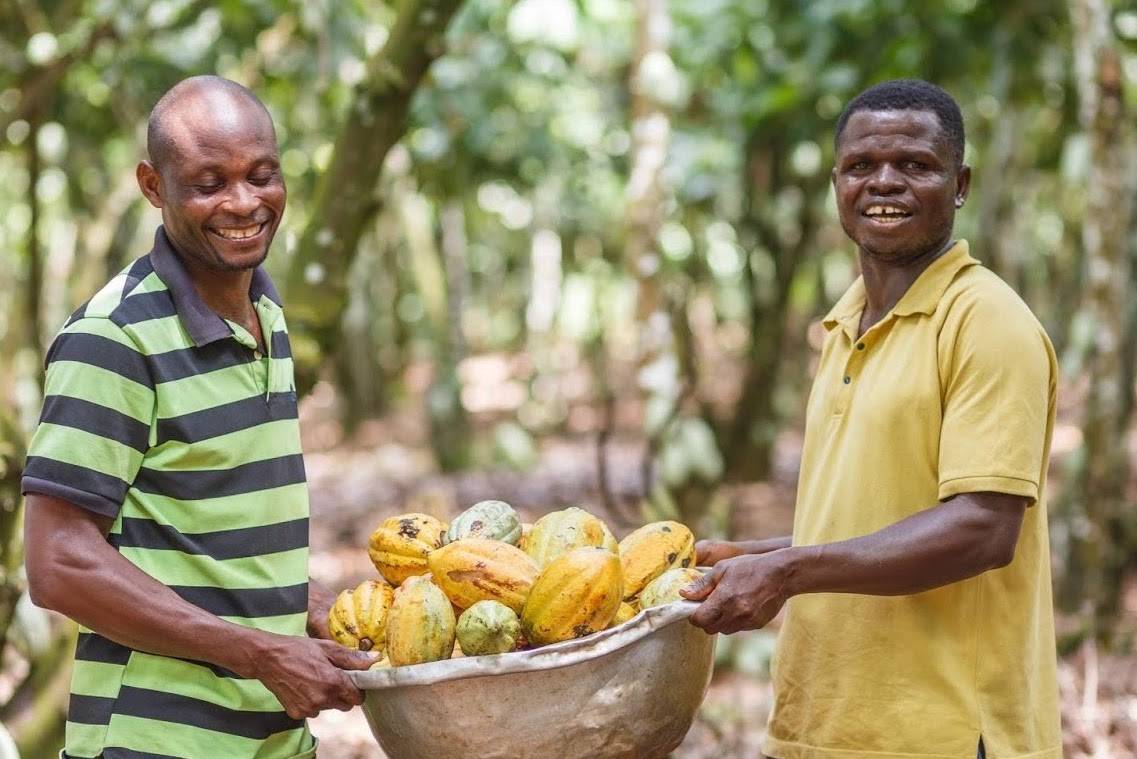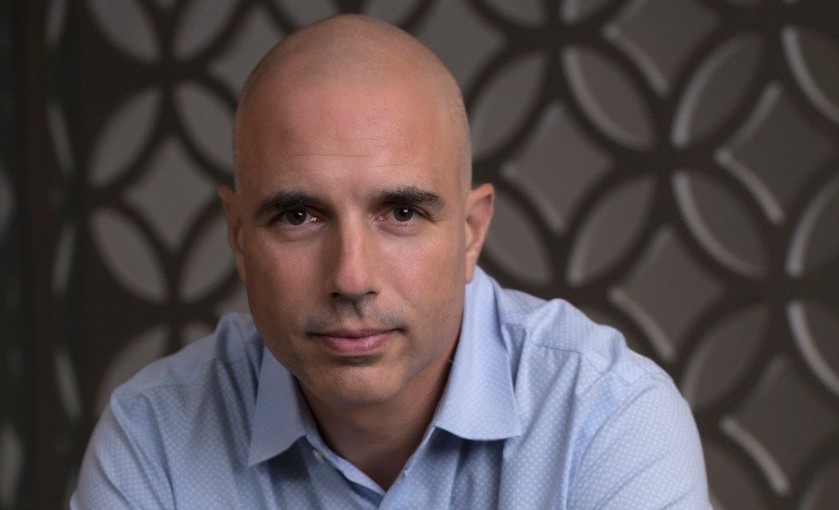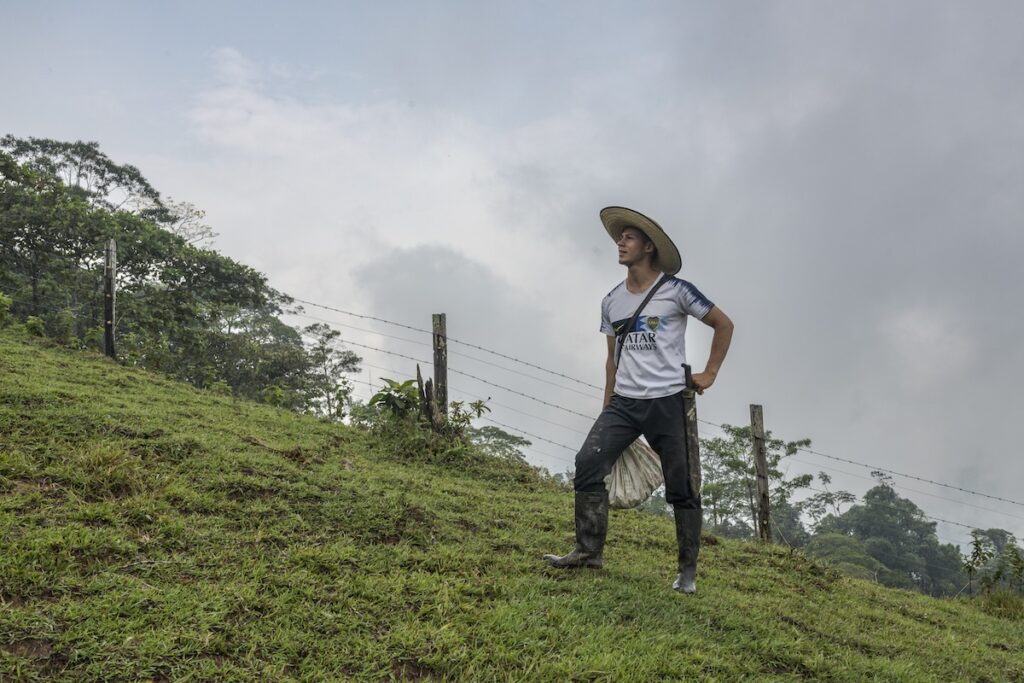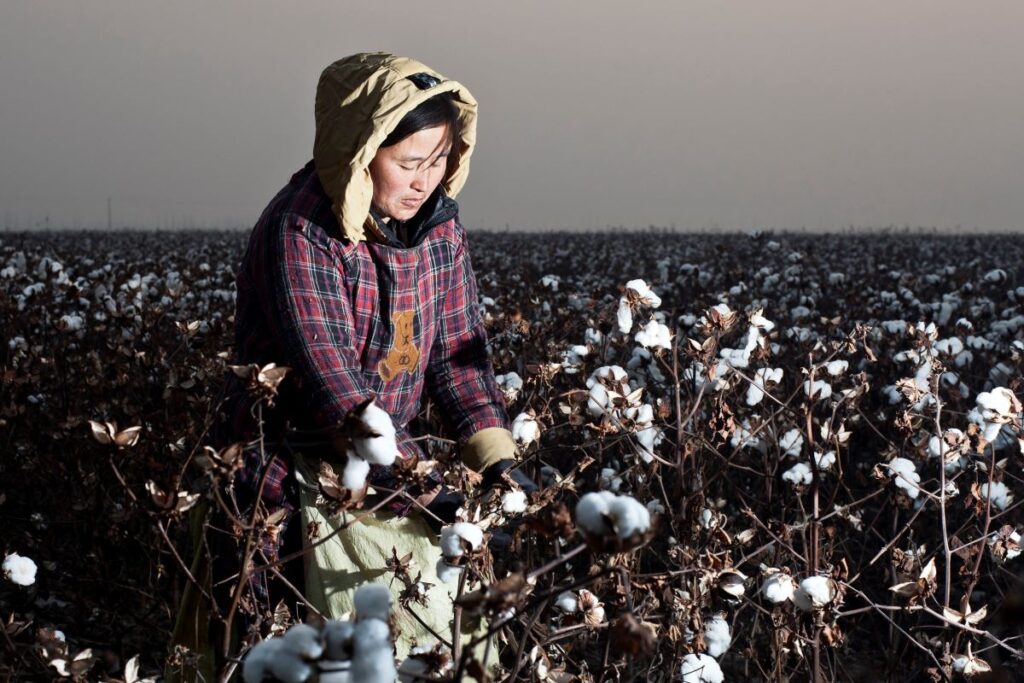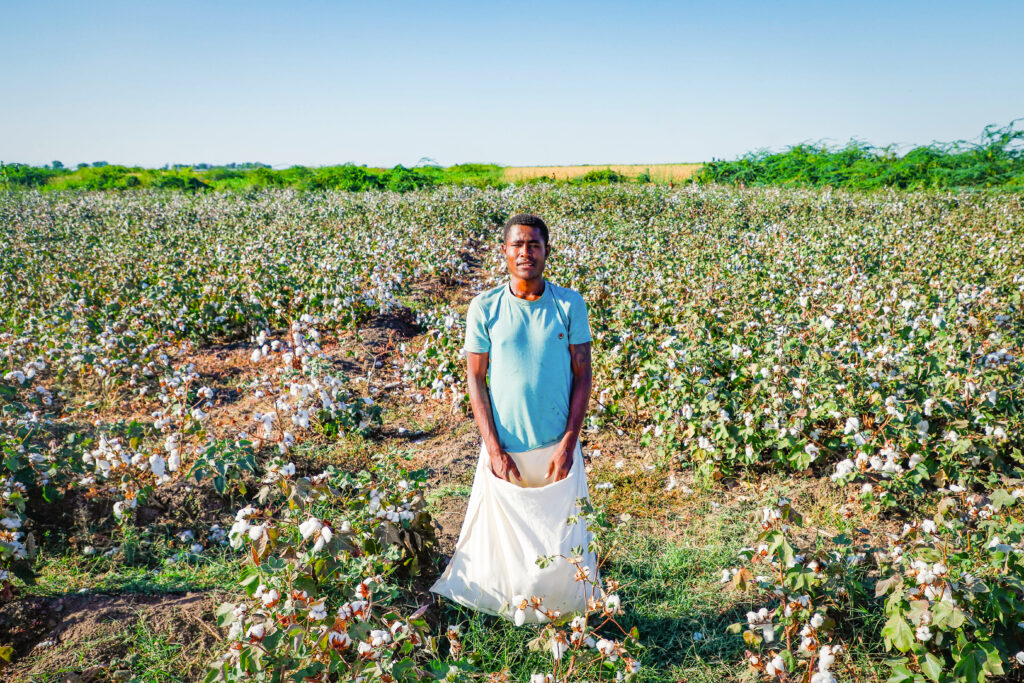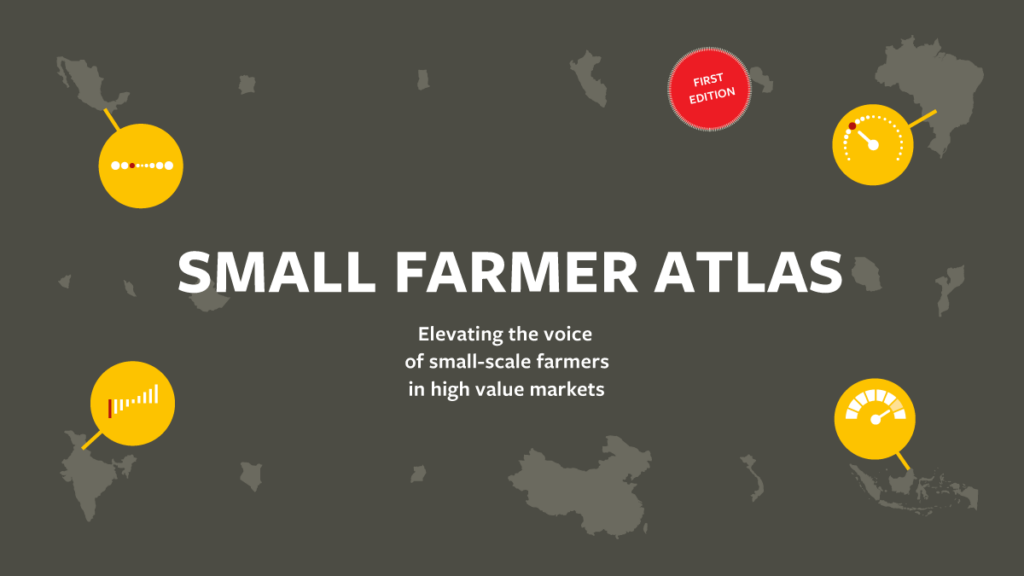Throughout the past few decades, Corporate Social Responsibility has proliferated among businesses large and small, becoming a linchpin of marketing campaigns and brand building, and, at times, a distraction from poor business practices. Thankfully, as transparency tools have increased and awareness has grown about the urgent impacts of climate change and the damaging effects of unfair labor practices, businesses have doubled down on their efforts to create real and meaningful change in communities. What’s even better? There’s been a growing interest in actually integrating social responsibility into business operations and supply chains.
When businesses expand their supply chains to specifically include social enterprises –organizations that apply commercial principles to maximize certain social and environmental returns as well as a financial return–they are not only strengthening local economies, they are also investing in innovation and diversified, localized supply chains, providing better protection against global shocks, such as the Covid-19 pandemic. But for many businesses, the question remains: “How?”.
How can businesses build meaningful relationships with social enterprises, and are they prepared for the unique challenges a small or medium sized social enterprise might face?
New research from Acumen and IKEA Social Entrepreneurship tackles this question, among others, to increase understanding of the relationship between corporations and social enterprises. The research, conducted under the World Economic Forum COVID Response Alliance for Social Entrepreneurs, was led by Acumen and IKEA Social Entrepreneurship with support from Ernst & Young, 60 Decibels, and other Alliance members and key stakeholders (including Solidaridad).
Setting up for success
The research surveyed more than 150 social enterprises from 43 countries, and the results returned strong examples of sourcing relationships with corporations. More than 30 percent of those surveyed reported $1 million plus in earnings with at least 50 percent of those earnings from corporate customers. A significant portion of the corporate to social enterprise sourcing relationships were borne out of personal and professional networks, while cold calling also played an important, though slightly smaller role. And, while challenges existed, they did not conform to the stereotypes attributed to small businesses. Cash flow and production capacity were not listed among the major barriers for these enterprises. Instead, issues such as payment terms and timing, overall communication, and mission alignment ranked higher on the list of challenges.
Corporations can achieve greater success with small to medium sized social enterprises by investing more in understanding their modus operandi — how are prices set in the artisanal realm? How does access to financing vary by region, and what payment terms can overcome potential barriers? Can communications be streamlined to ease unnecessary burdens on small teams? When corporations study and prepare for these challenges, they increase the likelihood of building a successful and long-term relationship with their social enterprise partner.
Read about some of the Solidaridad’s partners highlighted in the study
Through services such as technical assistance, training in farm management and business practices, and village savings and loan schemes, Solidaridad has been working directly with small to medium sized enterprises and cooperatives to boost market readiness. A selection of our partner enterprises were selected to participate in this research:
COOP-CA COVIMA
A Côte d’Ivoire based women’s cooperative producing, processing and marketing food products, including coffee, cocoa, and cashew nuts.
COOP-CA KOADO-DUE
An UTZ certified agricultural cooperative in Côte d’Ivoire, active in collecting and marketing cocoa beans and poultry products.
In the past, our accounting system was rudimentary. But after receiving training from Solidaridad on how to put in place a management system, we now have an accounting software that helps us to manage our financials. This has brought about some improvement in the management of our cooperative.
Ble Blegbeu Nemin Basile, Director of SCOOPS-OUADO
EMFED Farms & Trading Ltd.
Ghanaian enterprise providing farm management services to cocoa farmers and creating jobs in rural communities.
SCOOPS-OUADO
A women’s agricultural cooperative in Côte d’Ivoire collecting and selling cocoa beans and producing cassava tubers.
Working together for lasting change
Transforming business practices and supply chains doesn’t happen overnight. Through research, failing forward, and iterative design and communication, corporations and social enterprises can build lasting relationships with benefits that extend far beyond their own bottom line.
Solidaridad’s own experience with agricultural enterprises in Southern Africa has shown that a holistic and collaborative approach can yield meaningful results for supply partnerships. In the ‘Smallholder Access to High-Value Horticultural Markets’ project, funded by the European Union under the Switch Africa Green facility, smallholder farmers engaged in agricultural training to achieve local g.a.p. Certification, with many going on to land partnerships with high-value retail markets. Meanwhile, cross-sector collaboration in Colombia is helping coffee farmers increase incomes and integrate climate-smart practices through a financial-incentive system implemented by Rabobank and Microsoft in alliance with Solidaridad and NICFI (Norwegian Initiative for Forests and Climate).
By building on these kinds of initiatives, corporations have the opportunity to amplify and accelerate economic development and environmental protection in a huge way, while increasing resilience and inclusivity in their supply chains.
We are calling on corporations to deepen their understanding of social enterprises and open conversations for collaboration and buildable impact.

